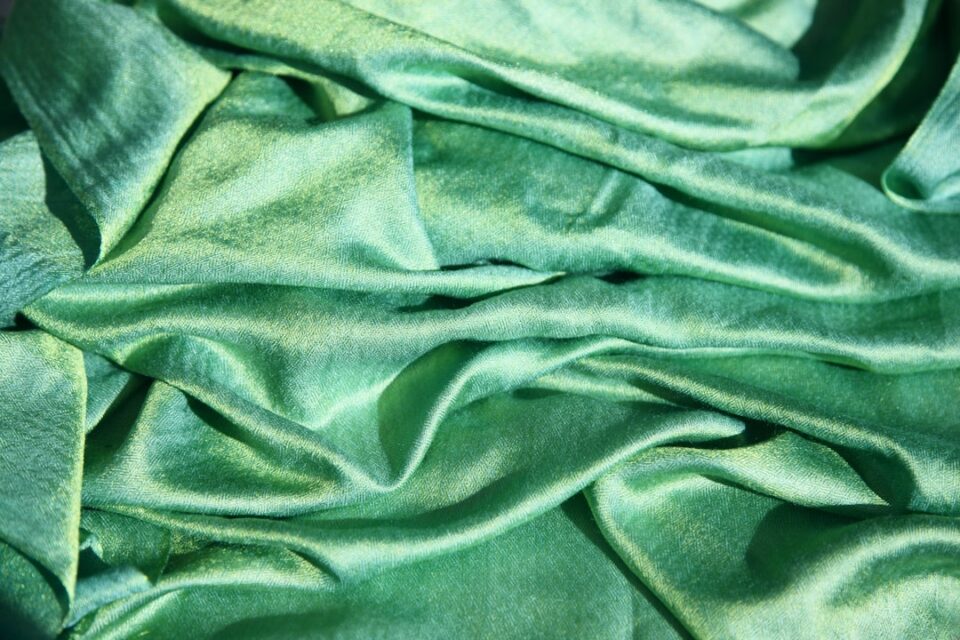Social media has transformed the way we consume and interact with art in today’s digital age. With platforms like Instagram, Facebook, and TikTok, artists now have the ability to showcase their work to a global audience with just a few clicks of a button. This has had a profound impact on the art world, shaping the way artists create, share, and connect with their audience.
One of the most significant effects of social media on art is the democratization of the industry. In the past, artists had to rely on traditional galleries and institutions to exhibit their work and gain recognition. However, with social media, artists can now bypass these gatekeepers and take control of their own careers. This has allowed for a more diverse range of voices and perspectives to be seen and heard, breaking down barriers and allowing for greater inclusivity within the art world.
Social media has also revolutionized the way artists connect with their audience. Through platforms like Instagram, artists can now directly engage with their followers, sharing insights into their creative process and building a loyal fan base. This has created a more intimate and personal relationship between artists and their audience, fostering a sense of community and collaboration.
Furthermore, social media has enabled artists to reach a wider audience than ever before. With billions of users on social media platforms, artists have the ability to showcase their work to people around the world, regardless of their location or background. This has opened up new opportunities for artists to gain recognition, collaborate with other creatives, and even sell their work online.
However, the impact of social media on art is not without its challenges. Some critics argue that social media has created a culture of instant gratification and superficiality, where the value of art is measured by likes and shares rather than its artistic merit. This can pressure artists to create work that is easily consumable and shareable, rather than pushing boundaries and challenging conventions.
Despite these challenges, the impact of social media on art cannot be ignored. It has revolutionized the way we consume and interact with art, empowering artists to take control of their own careers and connect with a global audience. As social media continues to evolve, so too will its impact on the art world, shaping the way we create, share, and appreciate art for years to come.

